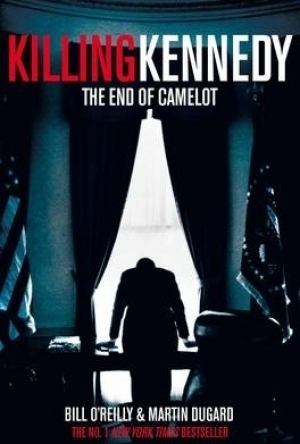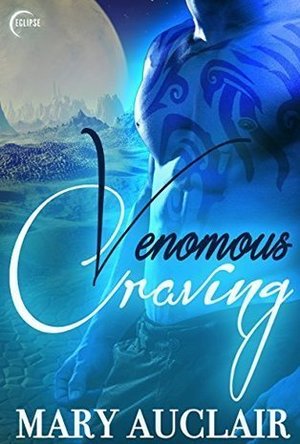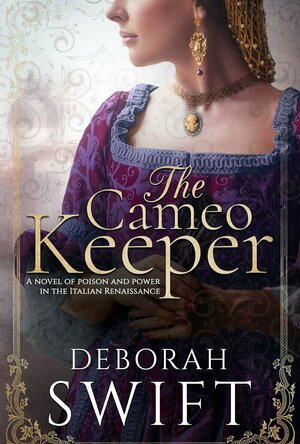
The Cameo Keeper (Tofana #4)
Book
Rome 1644: A Novel of Love, Power, and Poison Remember tonight... for it is the beginning of...
Historical Fiction Renaissance Giulia Tofana
Gareth von Kallenbach (980 KP) rated Argo (2012) in Movies
Aug 7, 2019
Director and star Ben Affleck has brought a new side to the story to light in the form of his new film “Argo”, which is based upon true events which have recently become declassified. The story centers around six workers of the embassy in Tehran, who fled the chaos when a disgruntled mob stormed the embassy walls. At that time it was unheard of for an embassy to be occupied as they host country and internal security were thought to of been more than adequate protection.
However for a country in a state of revolution, much less one that was extremely upset with America’s refusal to return the deposed Shah to face trial, security from the local populace was not available when the unthinkable happened.
After being turned away by the British and New Zealand embassies, the six escapees find refuge in the residence of the Canadian ambassador Ken Taylor (Victor Garber), who refuses to turn them away despite the volatile political situation harboring them would create should they ever be discovered.
On the other side of the world, C.I.A. Director Jack O’Donnell (Bryan Cranston), and his staff are desperately looking for a way to retrieve not only the Americans held hostage but also the six individuals currently being sheltered by the Canadian ambassador.
With few viable options available, save for the longshot of trying to get the refugees to bike through 300 miles of winter and soldier laden roads to the Turkish border, Tony Mendez (Affleck), is brought in to find other options.
One evening, Tony gets the idea to go to Iran posing as a Canadian filmmaker on a location scouting trip for an upcoming film. His plan is to pass the refugees off as part of his crew thanks to newly issued passports from the Canadian government.
In order to add validity to his plan, Tony recruits award-winning makeup artist John Chambers (John Goodman), and producer Lester Siegel (Alan Arkin), to help establish the necessary cover for the operation.
Soon Tony, John, and Lester have obtained a script for science fiction film named “Argo”, and the use the Hollywood trades and publicity machine to establish their back story of their production company and film project.
With time running down, Tony must venture alone to Tehran to meet with and prepare the refugees for extraction as well as firming up their cover with the local Iranian authorities.
What follows is a tense political thriller that is extremely well performed and captivating throughout. What really impressed me about the film was that Affleck expertly paced it and refrain from using such overused stereotypes such as car chases, fight sequences, and love scenes to tell the story.
The cast is exceptionally good all around and the film does a good job capturing the look and the atmosphere of the situation without ever becoming preachy and taking extreme political stances. Instead the focus is on real people caught in an extraordinary situation from which they were unprepared, and the extraordinary measures taken by good people in the United States and Canada who stepped up and did the right thing regardless of the cost to them personally or politically.
“Argo”, was an extremely pleasant surprise in one of the most enjoyable films I have seen this year. While I understand it would not be for everyone, I would not be surprised to see the film get a few Oscar nods come awards season as they would be in my opinion well deserved.
Alison Pink (7 KP) rated Killing Kennedy: The End of Camelot in Books
Jan 15, 2018
This particular book made me forget that I was reading about actual events. I was so immersed in the story. JFK & Jackie are fascinating people & their life together makes them all the more intriguing. This book isn't just about the assassination, but the years, months, & days leading up to that fateful day in November. Both for the Kennedy family & the Oswalds. I found myself at times, thinking, "No don't do that." Or, "Yes, listen to your gut & your advisors & cancel that trip." Almost hoping that somehow it would turn out differently, but knowing full well how it was going to end.
Despite knowing the end before even cracking the book open, I was hooked from the very first word. It is rare to read a non-fiction book that reads like a spy novel & political thriller. That's what makes the reader forget that the events really happened. It doesn't falter into all the conspiracy theories or speculation on the events leading up to it. It is remarkably well researched & based on the countless records, videos, transcripts, & documents from the era. This is a must read for anyone, even if you aren't fascinated with the Kennedys as I was.
Merissa (13792 KP) rated Venomous Craving (Eok Warriors #1) in Books
Oct 17, 2018
This was a well thought out, intricate, science fiction romance. There is plenty of action, with political twists and turns, plus personal betrayal. For those wanting sexy times, don't worry! There is plenty of those, but they don't detract from the story.
This is only book one, so I am hopeful the questions I still have unanswered will be answered in either the next book, or future books. With no editing or grammatical errors to disrupt my reading flow, plus excellent story and character building, and a whole host of supporting characters I want to hear more about, I have no hesitation in recommending this book. Thoroughly enjoyed it.
* A copy of this book was provided to me with no requirements for a review. I voluntarily read this book, and the comments here are my honest opinion. *
Merissa
Archaeolibrarian - I Dig Good Books!
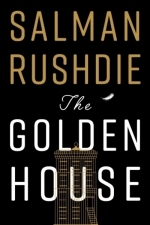
The Golden House
Book
When powerful real-estate tycoon Nero Golden immigrates to the States under mysterious...
Fiction

Barren Island
Book
How does one remember a world that literally no longer exists? How do the moral imperatives to do so...
Fiction
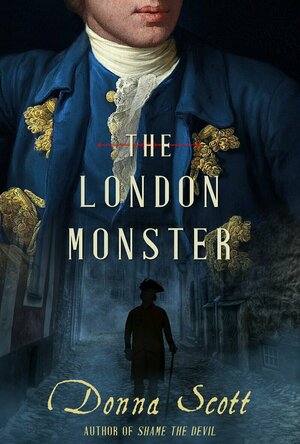
The London Monster
Book
In 1788, exactly one hundred years before Jack the Ripper terrorizes the people of London, a sexual...
Historical Fiction
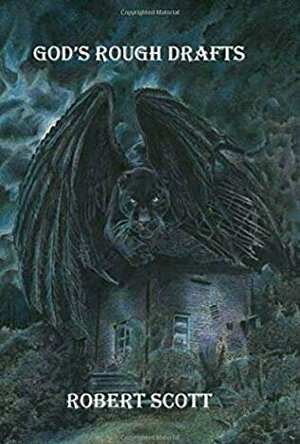
God's Rough Drafts
Book
What if nothing changes?What if government and industry plow, unchecked, through the twenty-first...

Rebecca's Children: A saga of love and betrayal in 19th century Wales
Book
A heart-wrenching saga of revolution, regret and family secrets... For fans of Nadine Dorries, Maeve...
Historical Fiction Wales
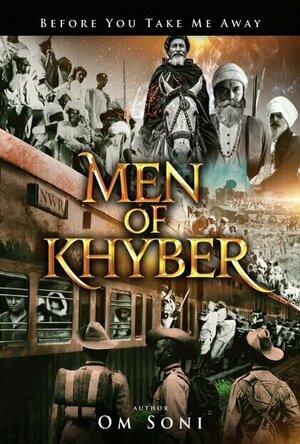
Men of Khyber
Book
Jawar Dil is the influential and charismatic leader of a powerful Hindu clan in Khyber. His skill in...
historical fiction

